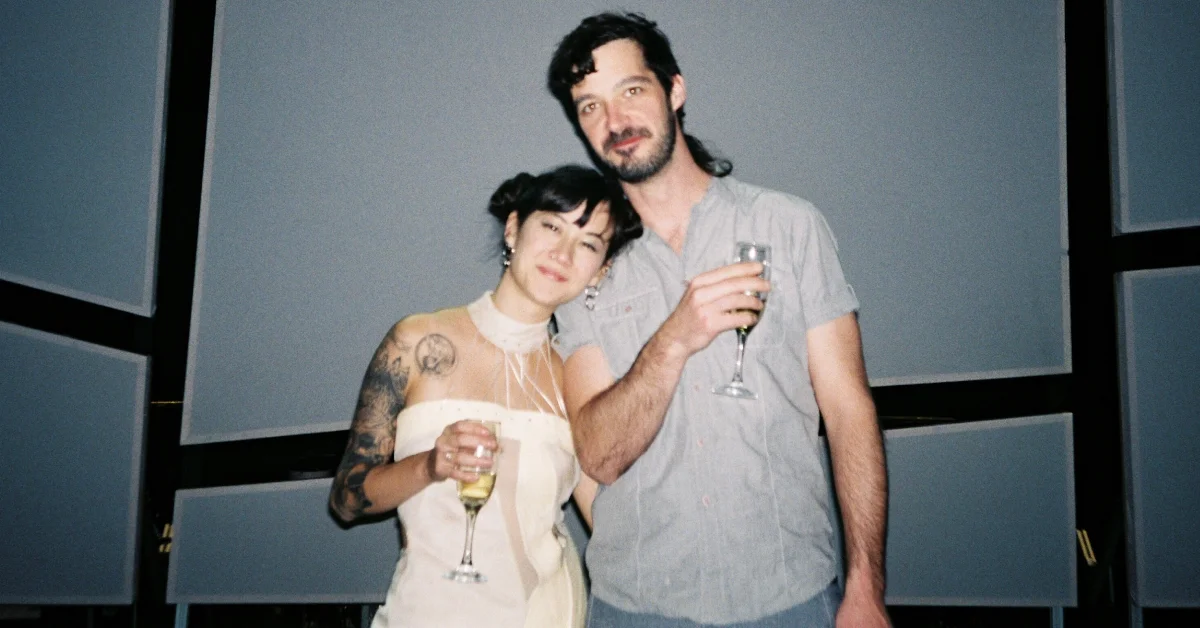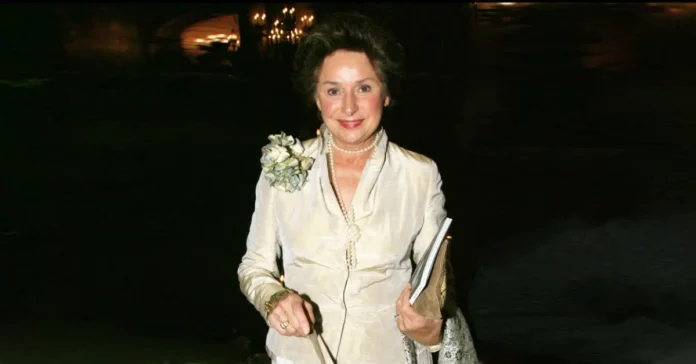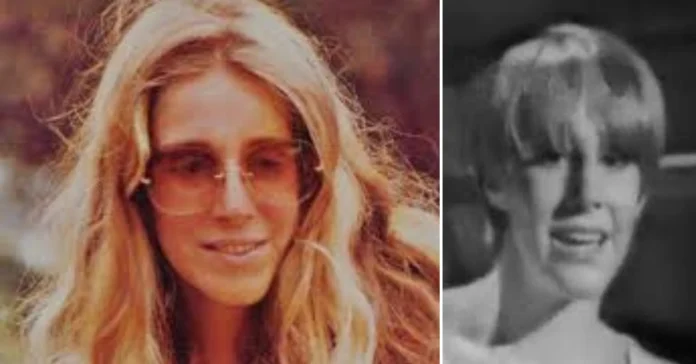“I had never seen my mother so defeated. She didn’t get out of bed for three days.” These lines show just how deeply Michelle feels. Born in Seoul in 1989 and raised in Eugene, Oregon, Zauner has built her name as the force behind indie pop project Japanese Breakfast and author of a gut-wrenching memoir about grief, food, and cultural identity.
Zauner’s story grabs you because she turns personal pain into art that speaks to everyone. From playing basement shows to creating Grammy-nominated albums and writing a New York Times bestseller, she shows she can do more than just one thing.
Early Life
The daughter of a Korean immigrant mother and American father, Michelle Zauner grew up caught between worlds. In Eugene, Oregon, she lived as an American at school, Korean at home. This split shaped how she saw herself and later fueled her art.
“My mom was always trying to teach me to be Korean,” Zauner shared in an interview. Food became their common language when words couldn’t bridge the gap. Her mother taught her to make kimchi, gimbap, and dishes that would fill her writing years later.
As a teen, Zauner pushed back against her strict upbringing. Her rocky relationship with her mother grew tense when she chased music dreams against her parents’ wishes. She wrestled with honoring her roots while cutting her path.
This mix of cultures became the heart of her creative work. Korean food, language, and customs gave her a unique voice that stands out in both music and writing.
How Japanese Breakfast Began?
After studying creative writing at Bryn Mawr College, Zauner played with Philadelphia indie rock band Little Big League before going solo. Japanese Breakfast started in 2013 as a side project where she could express more personal thoughts.
Her mother’s cancer diagnosis in 2014 changed everything. Zauner moved back to Oregon, set music aside, and became her mother’s caregiver. After losing her mom that October, she poured her grief into what would become Japanese Breakfast’s first album.
Psychopomp, released in 2016, turned mourning into music. In “In Heaven,” she sang about her loss: “The dog’s confused / She just paces around all day / She’s sniffing at your empty room.” The album blended dreamy shoegaze with raw lyrics, creating something deeply personal yet widely relatable.
Her songs showed she had something real to share. Critics noticed, and Japanese Breakfast grew beyond a solo project into Zauner’s rise as an important indie music voice.
Why She Chose the Name “Japanese Breakfast”
Many think the name “Japanese Breakfast” connects to Zauner’s Asian heritage, but there’s more to it. “People ask me all the time why I called my band Japanese Breakfast when I’m Korean,” she explained. “I was reading a lot of Murakami and got fascinated by those elaborate breakfast spreads in his books.”
The name stuck, though it confuses people about her actual heritage. This mirrors bigger issues of Asian American identity, where outsiders often lump distinct cultures into one category.
Zauner has come to terms with this mix-up. The band name now stands on its own, beyond questions about cultural authenticity, similar to how she handles her own multicultural identity.
Writing Her Story in “Crying in H Mart”
A heartfelt essay in The New Yorker in 2018 grew into one of the most praised memoirs in recent memory. Crying in H Mart, published in April 2021, stayed on The New York Times bestseller list for over 60 weeks—stunning for a first book.
The memoir starts with Zauner in H Mart, a Korean American supermarket, sobbing among aisles of seaweed snacks and banchan. This scene sets up the book’s core themes: grief, cultural identity, and how food ties us to those we’ve lost.
With vivid writing, Zauner tells of her mother’s cancer fight, their complex relationship, and her battle to hold onto her Korean identity after her mother died. Food works as both memory and metaphor—cooking becomes her way to remember and connect.
“I wanted to write about grief honestly,” Zauner said in interviews. “Not just sadness but anger, guilt, and those weird funny moments in dark times.”
Readers connected with this truth. The book reached beyond bookworms to touch anyone who saw their own experiences with loss, cultural identity, or messy family relationships in her story.
Crying in H Mart feels different from other books about loss is its cultural focus. Zauner writes about losing both her mother and her Korean connection—and her fight to save it through cooking, learning the language, and trips to Seoul.
Losing Her Mom
Losing her mother changed everything about Zauner’s life and art. When Chongmi Zauner was diagnosed with stage IV pancreatic cancer in 2014, Michelle left Philadelphia to care for her in Oregon. The brutal experience of feeding, bathing, and medicating her once-strong mother runs through both her memoir and early songs.
“You don’t realize how physical caregiving is until you’re doing it,” Zauner said. “Watching someone you love suffer that way completely changes you.”
Her father complicated things further. After her mother died, Zauner cut ties with him—a split she later wrote about in her Harper’s Bazaar essay “Choosing Forgiveness.” They found their way back to each other after years apart.
“Forgiveness isn’t always about the other person deserving it,” she wrote. “Sometimes it’s about freeing yourself.” This wisdom shows Zauner’s growth while working through family trauma.
Her Korean family added another layer of complexity. In Crying in H Mart, she talks about feeling cut off from relatives after her mother died, fighting through language barriers while desperately trying to keep her Korean roots alive.
Life with Her Husband

Zauner married filmmaker Peter Bradley in Philadelphia in 2018. He stood by her through Japanese Breakfast’s rise and while she wrote Crying in H Mart—making him both partner and witness to her creative journey.
Surprisingly, Zauner says her memoir actually made their marriage stronger. “Writing the book made me a better partner,” she told People magazine. “Working through grief publicly pushed me to be more emotionally open in my private life too.”
Bradley shows up briefly in Crying in H Mart, supporting Zauner through her mother’s illness. Their bond offers stability against the loss and identity questions running through her work.
While mostly private about their relationship, Zauner sometimes shares bits of their life—their Brooklyn home, collaborating on Japanese Breakfast videos (which Bradley directs), and finding balance between creative work and personal joy.
Her Art Inspiring
Korean food and culture fuel Zauner’s creativity. After losing her mother, cooking Korean dishes became both healing and an inspiration. “I’d spend hours trying to recreate my mom’s kimchi jjigae,” she said. “It never tasted quite right, but making it connected me to her.”
This link between food and art shapes her writing process. While working on Crying in H Mart, she soaked up sensory details—smells, tastes, and textures of Korean cooking—to unlock memories and feelings.
Zauner regularly visits Seoul to study Korean and reconnect with her roots. These trips enrich both her music and writing with authentic details and emotional depth.
She likes making things in lots of ways—music, writing, videos. Beyond music and writing, she directs music videos, creates video game soundtracks, and explores other art forms. This cross-disciplinary approach lets her express different parts of her experience in multiple ways.
“I don’t see music and writing as separate things,” she said. “They’re just different tools to express the same emotions.” This fluid approach has become her trademark—she won’t be boxed into one creative lane.
Her Music, Books, and Big Moments
Japanese Breakfast’s albums track Zauner’s growth as a musician. After grief-filled Psychopomp (2016), she created Soft Sounds from Another Planet (2017), expanding her sound while exploring emotional healing.
Her third album, Jubilee (2021), turned toward joy and became her biggest commercial hit. It earned two Grammy nominations—Best New Artist and Best Alternative Music Album—securing her place in indie music.
Crying in H Mart brought her literary success. The memoir won awards and landed Zauner on Time magazine’s 100 Most Influential People of 2022. A film version is in the works, with Zauner writing the screenplay.
She’s also scored the video game Sable (2021) and directed music videos for Japanese Breakfast and other artists. These varied projects showcase her range and creative hunger.
Zauner’s work hits home because it talks about universal experiences through her specific cultural lens. Her take on grief gives people permission to face their own losses honestly, with all the messy, complicated feelings included.
For Asian Americans, especially Korean Americans, Zauner’s success means more. By writing about her Korean heritage without explaining cultural references for white audiences, she claims space for these experiences in American culture.
“Growing up, I rarely saw people like me in indie music or books,” she said. “If my work changes that for someone else, that means everything.”
Conclusion
Michelle Zauner’s path from grieving daughter to celebrated musician and author shows how personal pain can become meaningful art. Through Japanese Breakfast’s evolving sound and the vivid writing of Crying in H Mart, she shares her story and makes us think about ours, too.
Her story grabs us because she’s taken control of her narrative. Instead of letting loss define her, she’s created art that honors her mother while constantly exploring new territory.
For listeners discovering Japanese Breakfast or readers touched by Crying in H Mart, Zauner delivers something special—art that feels deeply personal yet speaks to everyone. As she grows, one thing stays clear: Michelle Zauner’s voice—honest, Her voice is honest, strong, and full of heart.




